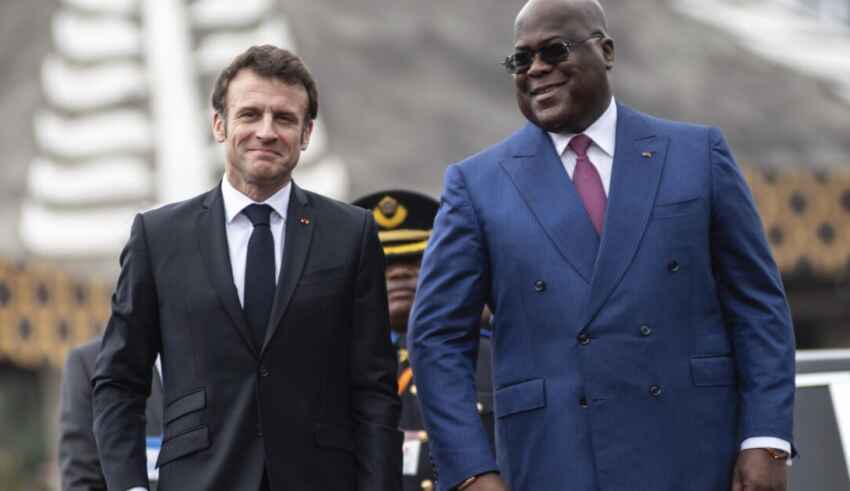
French President Emmanuel Macron’s trip to Africa brings France’s relations with Rwanda to the fore again. Relations between the two countries have always been strained due to the involvement of French troops in the 1994 Rwandan genocide. The genocide in Rwanda took place between the Tutsi and the Hutus. During the genocide almost 800,000 people were lost, mostly members of the Tutsi group but also some Hutus who were protesting the massacre.
Rwanda has repeatedly accused France of being complicit in the 1994 genocide. Specifically, the accusations relate to France’s military operation “Turquoise” and the role it played in helping the Hutus carry out acts against the Tutsi and humanity. The operation “Turquoise” in June and August in 1994, controlled a humanitarian safe zone in the southwest of Rwanda. The zone did actually helped in saving the lives of Tutsis and other victims of the genocide. However, even in the “Turquoise Zone” people were killed. This lead to the accusation that the Hutu were not prevented to reach the safe zone and committee the massacre.
Since then, relations between the two countries have remained tense, with France denying involvement in the Rwandan genocide. The issue of France’s role in the Rwandan Tutsi genocide has been a hot topic for years, even leading to the severance of diplomatic relations between Paris and Kigali between 2006 and 2009. Normalization, if one can call it that, began to occur before about two years. France proceeded to open the files related to its military operation in the country, with the report of the committee dealing with the issue, suggesting the French mission is accountable.
The committee’s report released in March 2021 reported that French officials bear “grave and overwhelming” responsibility for failing to foresee the massacre. It also added that a colonial attitude had blinded French officials. The results of the report led the French president to focus on normalizing relations with Rwanda. “We hope that the report might lead to new developments in our relations with Rwanda this time the process of rapprochement can be irreversible,” a statement by the office of French President Emmanuel Macron said. A few months later, during a visit to the capital Kigali, the French president acknowledged France’s responsibility for the genocide
However, the trip to the Congo in early March may provide a new tension in the relations between the two places. Congolese President Felix Tshisekedi urged President Macron to take action against Rwanda for its alleged support to the M23 rebels. The DRC claims that the M23 rebel group is supported by the Kigali government, which Rwanda categorically denies. The M23 rebels -one of the largest of the many armed groups operating in the country- have seized control of large swaths of the country’s east since 2012.
The French president responded to the release of Tshisekedi by stating that France is waiting to see how the peace process will develop in order to make any move. Nevertheless, he stated that if the peace is not respected then there will be sanctions. The possibility of submitting international sanctions to Rwanda due to possible involvement in the internal conflicts taking place in the DRC, will bring the relations of the two countries to the pre-2021 stages. France has recently been trying to redefine its strategy in Africa. In order to be able to succeed in its new strategy, which is based on diplomacy and not on direct military intervention, France must maintain balance in the region, escape from a possible neo-colonial spirit and contribute to the peaceful resolution of conflicts in the region.
By The European Institute for International Law and International Relations.














